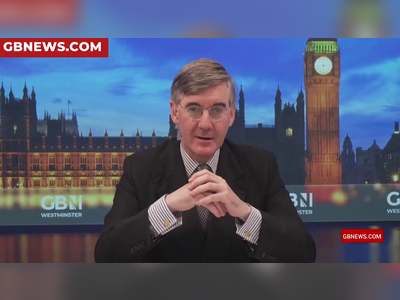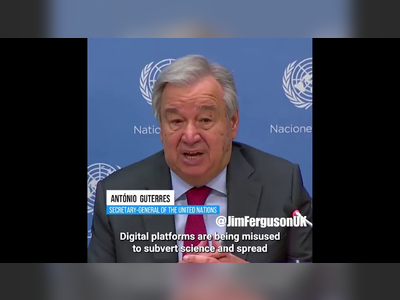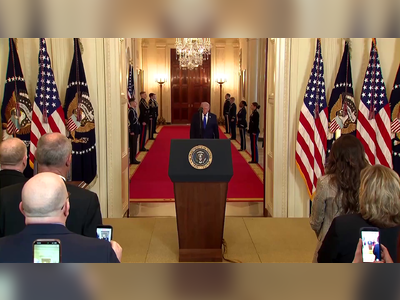
What will replace the International Space Station?
The space station is dead. Long live the space station. In eight years, the International Space Station (ISS) – a bastion of global collaboration and human ability – will end. But that dramatic finale doesn't need to be a sombre occasion. Instead, it could herald an exciting future of human spaceflight that will hopefully already be underway.
The ISS project began in 1998 with the launch of Russia's Zarya module, the first component of the station. It has seen dozens of countries work together to build the largest human-built construction in space. Most notably, it heralded a partnership between two embittered foes – the US and Russia – following the end of the Cold War and the fall of the Soviet Union.
"It was absolutely huge," says Wendy Cobb, a space policy expert from the US Air Force's School of Advanced Air and Space Studies. "It's really this great story of post-Cold War cooperation. Russia's space industry was in dire straits. This was an opportunity for the United States and Russia to open up this new era of working together."
The result has been a giant space station that would encompass a football field and weighs more than 400 tonnes, orbiting our planet at 18,000mph (28,980km/h), at a cost of at least $150bn (£120bn). It has been continuously occupied since its first crew arrived in November 2000. However, the station's hardware is ageing, so in 2031 it will be de-orbited, brought back through Earth's atmosphere and crashed into the ocean.
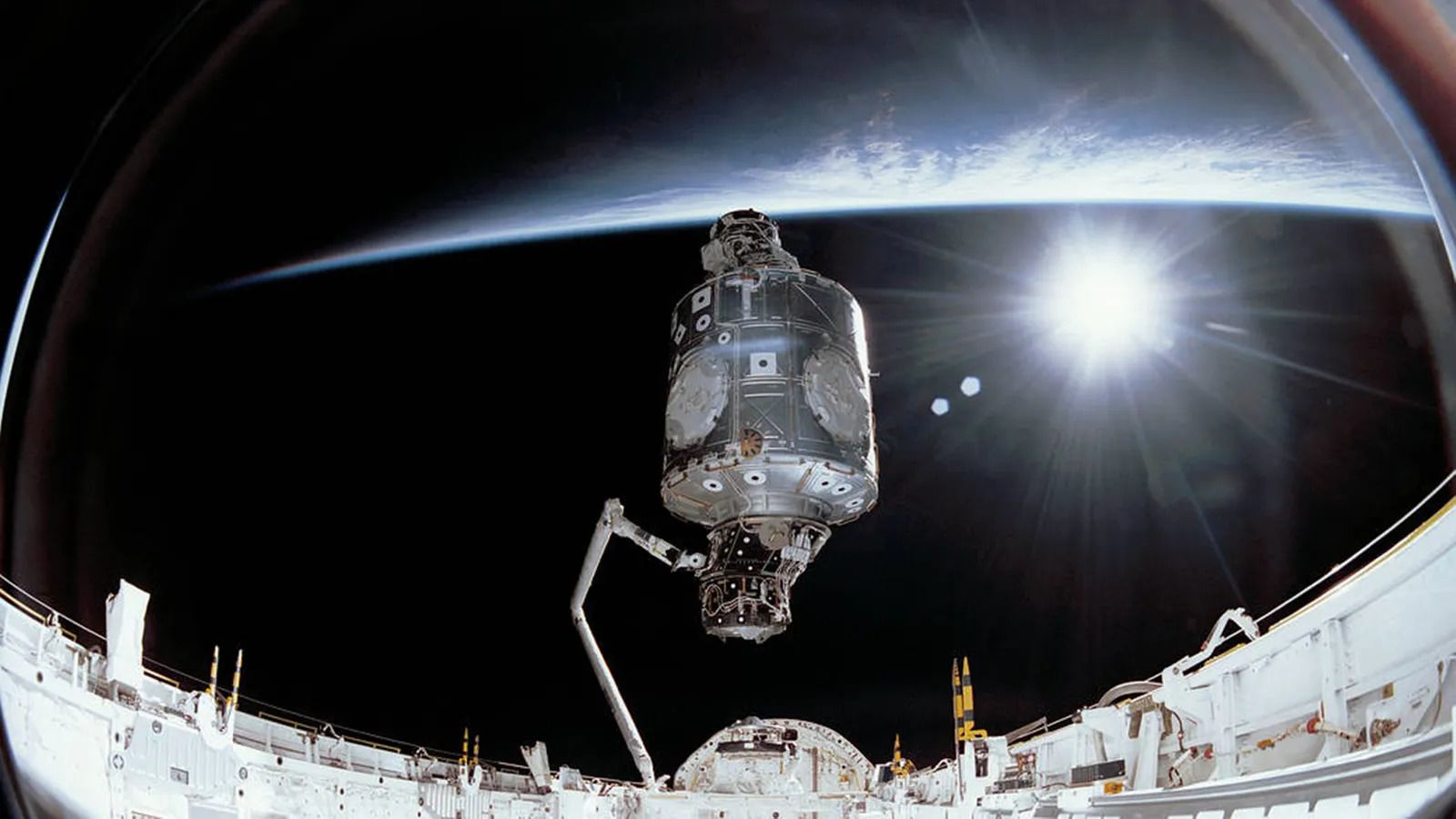 Construction of the ISS began in 1998, with the Russian-built Zarya module being the first component
Construction of the ISS began in 1998, with the Russian-built Zarya module being the first component
Thousands of scientific experiments have been conducted on the ISS, across both the US and Russian side of the station, and in European and Japanese-built modules that were also attached. Research has included investigating diseases such as Alzheimer's and Parkinson's, studying new states of matter, and developing ways to grow food in space such as lettuce and radishes.
Living and working on the station "was a fantastic experience," says Frank de Winne, an astronaut with the European Space Agency who visited the station twice, in 2002 and 2009. "It's a once-in-a-lifetime experience, to work in an international partnership and move humanity forwards."
Not everyone agrees the station has been such a success. Lord Martin Rees, the UK's Astronomer Royal, says the price has been too high for the scientific return alone. "It's certainly not been worthwhile just for pure science," he says. He suggests nations should focus more on robotic missions, such as the wildly successful James Webb Space Telescope or ongoing missions to Mars. "Sending people to space is hugely expensive," he says. "I think the future of human spaceflight is for billionaires and adventurers."
We could not have skipped the space station – Frank de Winne
However, rather than research, some argue the station's main accomplishment was solidifying humanity as a space-faring species. Prior to its launch we had dipped our toes into long-duration spaceflight, with Russian cosmonauts spending upwards of a year on their Mir space station, but the ISS has been on another level, says Laura Forczyk, a space analyst at the US consulting firm Astralytical. "It changed our minds about what it means to be a space-faring civilisation," she says.
"We could not have skipped the space station," agrees de Winne. "There is so much that we have learned. It will be a sad day [when it is deorbited]."
Regardless, the end of the ISS will bring to an end an impressive display of human collaboration, one that has outlasted wars and conflicts on our planet. Russia's recent invasion of Ukraine has given the project its sternest test yet. While the collaboration has stood for the time being, such a partnership seems unlikely again in the near future. "The Russians are not going to be participating any longer," says Cathy Lewis, a space historian from the National Air and Space Museum in the US. "They've spoken about going their own way, and they will not be accepted given their invasion of Ukraine."
What will succeed the ISS is, however, already underway.
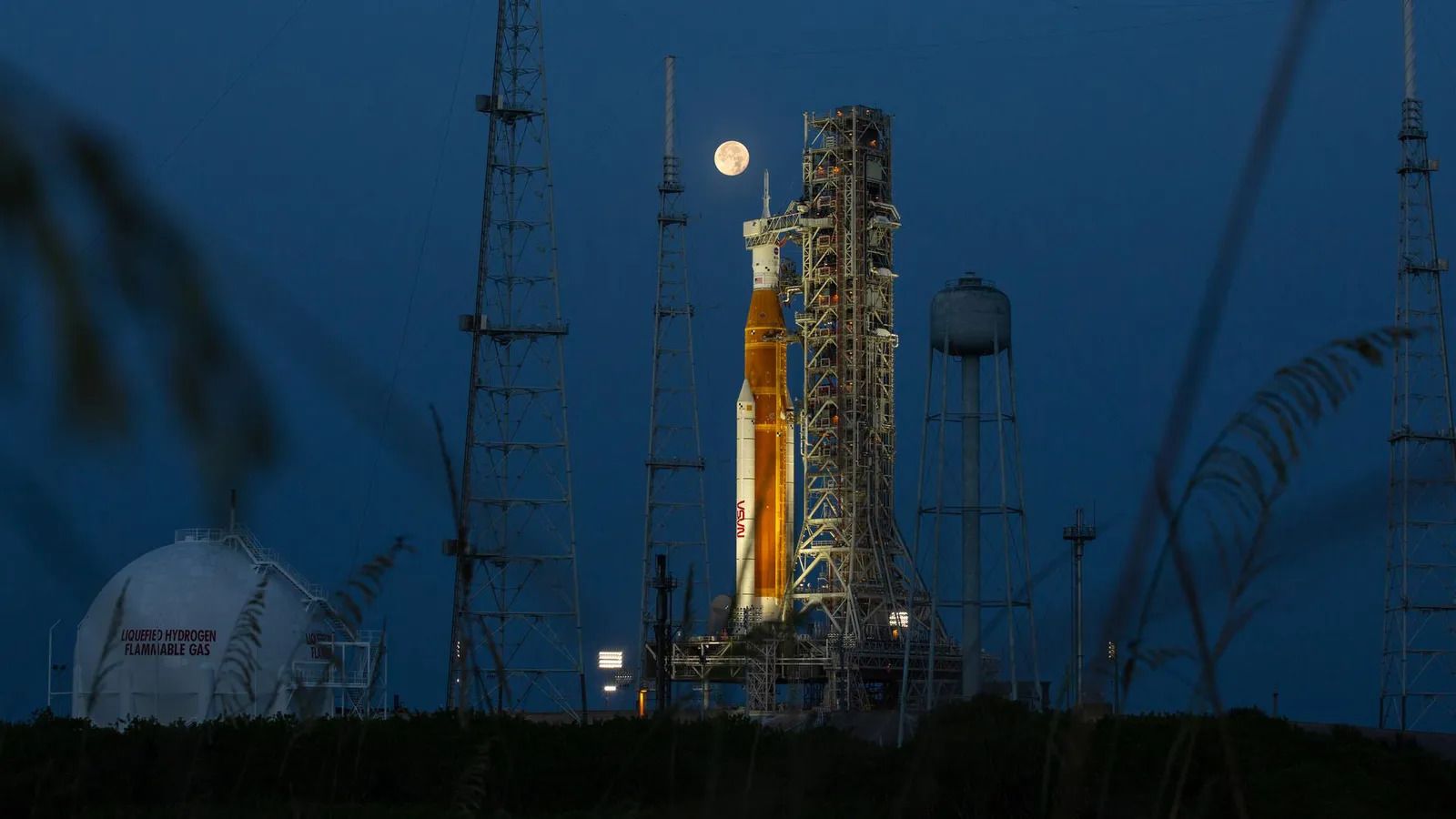 The money that Nasa saves from not having to pay for the ISS each year can go into other projects such as the Artemis programme
The money that Nasa saves from not having to pay for the ISS each year can go into other projects such as the Artemis programme
In Earth orbit, the hope is that new commercial space stations will take the place of the ISS. Nasa has already outsourced the transportation of humans to low Earth orbit to companies SpaceX and Boeing in the US. It has also begun awarding contracts worth hundreds of millions of dollars to companies to develop new space stations. These could become small research laboratories or destinations for space tourists, maintaining humanity's presence in orbit around our planet.
One of those companies, Axiom Space, has already been transporting paying astronauts on SpaceX rockets into orbit. In 2025, the company hopes to begin attaching modules to the ISS, which could eventually be detached to form its own station that could be rented out to paying customers. Not everyone is convinced by the idea. "I am really sceptical of the business cases there," says Jonathan McDowell, an astronomer at the Harvard and Smithsonian Centre for Astrophysics in the US. "I'm just not convinced that you can run a profitable space station."
Nonetheless, Nasa and other ISS partners are eager to explore these opportunities. "We are very much in discussion with all these players," says Josef Aschbacher, the head of the European Space Agency (Esa). "We are very keen on finding a way to continue after the end of the ISS."
For Nasa, freeing up the $3bn (£2.4bn) spent on the ISS each year will allow the agency to pursue other human spaceflight goals, namely sending astronauts back to the Moon and, eventually, to Mars. The agency is now carrying out its Artemis program to return to the lunar surface. In 2024, four astronauts will fly around the Moon for the first time since Apollo 17 in 1972, with a return to the surface planned in 2025. "The station is expensive," says John Klein, a space policy expert at George Washington University in the US. "They're trying to move off with the Artemis programme."
Nasa also wants to build a new space station near the moon, known as the Lunar Gateway, with the help of international partners. Construction could begin later this decade. While it won't match the size of scale of the ISS, it could become a key part of future human spaceflight to the Moon and beyond, acting as an outpost for astronauts travelling to and from the Moon.
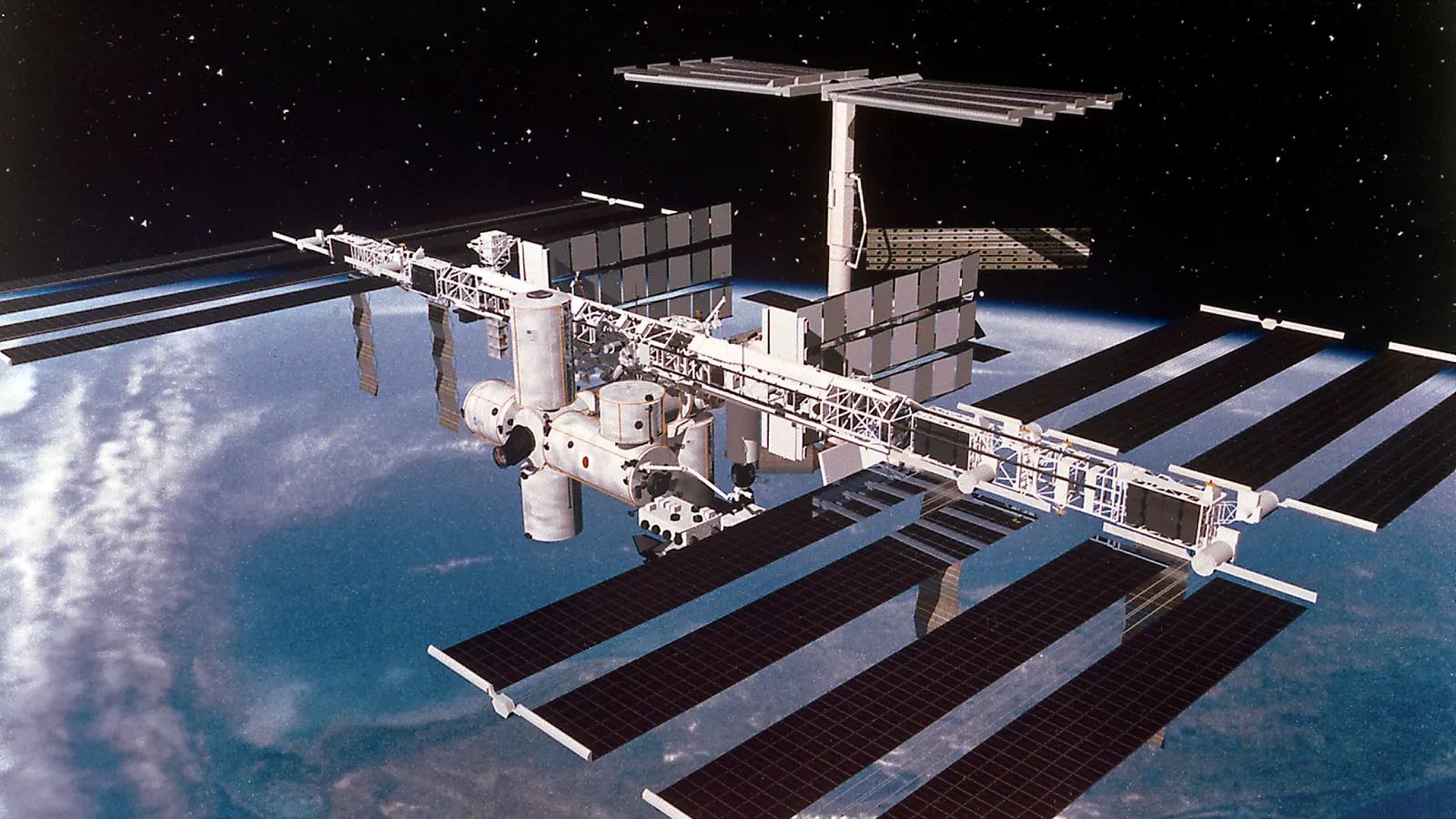 The ISS is the most expensive object humanity has ever produced – and few want to crash the entire thing into the ocean
The ISS is the most expensive object humanity has ever produced – and few want to crash the entire thing into the ocean
Finally, there is the possibility that the ISS will not be completely destroyed. Some companies worry that deorbiting the entire station would be a waste, and that some of its modules and resources could be repurposed or reused in space. Nasa has not yet said it is open to such ideas, but it could change its mind as the deadline to deorbit the ISS approaches.
"Nobody who's involved in space that I've encountered really wants to just drop it in the ocean," says Gary Calnan, the CEO of CisLunar Industries in the US. In late 2022, CisLunar and several other companies presented a proposal to the White House to reuse aspects of the station, such as melting down some of its metal or repurposing some of its modules. Calnan says the White House was receptive. "They liked the idea," he says. "It fits with the politics of the current administration to reuse and have a circular economy."
One way or another, the ISS project will come to an end in 2031, whether that's in a fiery inferno or dismantling the station for other uses. In its place might be other smaller space stations ready and waiting to continue humanity's presence in Earth orbit, with astronauts further afield setting boots on the Moon. The ISS will leave behind an impressive legacy, but perhaps in the annals of history it will be just the beginning.
"It leaves behind this notion that despite our obsession with nationalism and borders, we are capable of cooperating," says Lewis. "We can do this. We can share in the riches."






